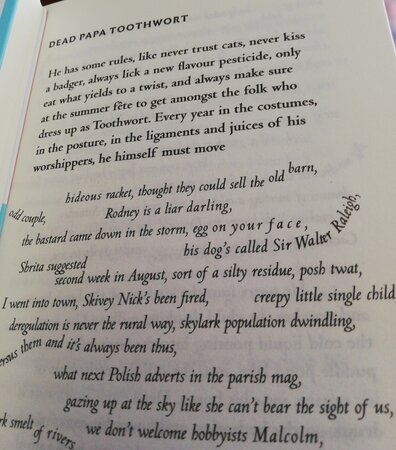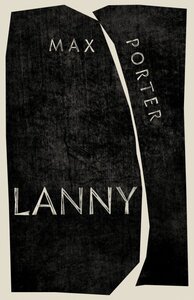Originally published in 1953, Maud Martha is the only novel by poet Gwendolyn Brooks, who was the first African American to win the Pulitzer Prize. It’s not a book I had heard of before, and indeed the recent Faber Editions publication is the first UK edition. I’m so glad to have come across Maud Martha, though, because I loved reading it.
Maud Martha Brown is born in Chicago in 1917, and we follow her life into adulthood. She dreams of more than her immediate life can promise; for example, here she is thinking about New York:
The name “New York” glittered in front of her like the silver in the shops on Michigan Boulevard. It was silver, and it was solid, and it was remote: it was behind glass, it was behind bright glass like the silver in the shops. It was not for her. Yet.
Life turns out to be mixed. Maud Martha marries Paul, a lighter-skinned man with aspirations and eyes for other women. There are moments of racism, but also small triumphs for Maud Martha. For instance, in one chapter she visits a hat shop. The manager hides her contempt under a veneer of politeness – but Maud Martha sees straight through it and strings her along.
There is hope here, built in (it seems to me) to the very shape of Brooks’ novel. The book is a series of snapshots, which gives space for Maud Martha’s life to be more than we see – and it goes on beyond the final page, ultimately with optimism.



Recent Comments